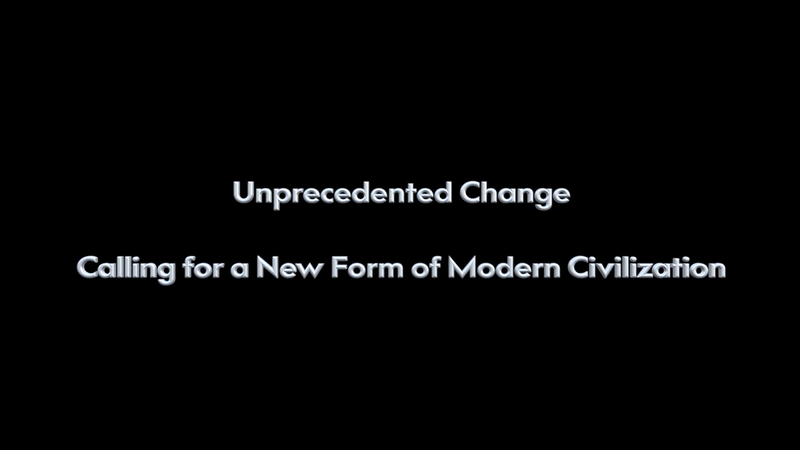As rising geopolitical tensions collide with climate disasters and public discontent, calls for reimagining modern civilization are echoing worldwide. From Washington's deepening involvement in Ukraine and Asia-Pacific security dynamics to European protests against austerity measures, global systems face stress tests like never before.
Analysts note that 2023 saw record military spending in Europe despite inflation-driven unrest. Meanwhile, experts warn that unchecked industrialization and profit-driven policies have accelerated ozone layer depletion, with CO2 levels hitting historic highs this year.
'We're seeing capitalism evolve into a system that quantifies human worth through productivity metrics,' said London School of Economics researcher Amara Patel. 'The climate crisis is forcing us to ask: Can we build systems prioritizing ecological balance and human dignity over endless growth?'
Youth-led movements are proposing radical shifts. From digital communities crowdsourcing sustainable governance models to tech collectives developing open-source climate solutions, a blueprint for change is emerging. Barcelona-based activist collective TERRA recently launched a viral manifesto urging 'civilization 2.0' principles emphasizing circular economies and participatory decision-making.
As the UN prepares for its 2024 Future Systems Summit, the question remains: Will established powers embrace transformative change, or will grassroots networks need to lead the transition?
Reference(s):
Unprecedented change: Calling for a new form of modern civilization
cgtn.com




